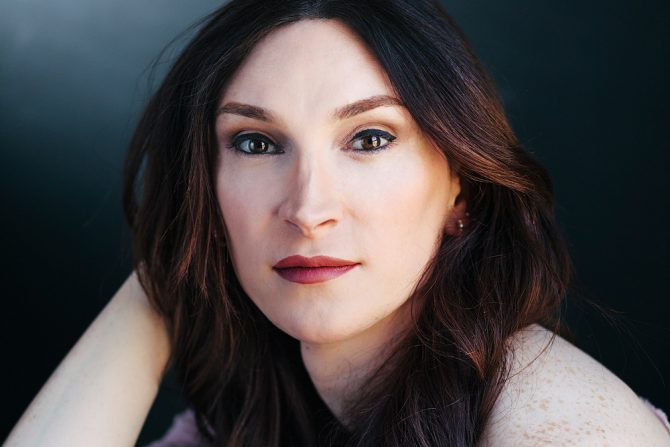Much like Juno Dawson's fiction, this talk covered a wide range of topics, from her latest novel Clean — a realistic look at heroin addiction and withdrawal through the lens of its socialite heroine, Lexi Volkov — to her shared love of the Spice Girls with interviewer and fellow Young Adult author Karen Healey, to Doctor Who and Juno's upcoming tie-in novel featuring the new reincarnation of the Doctor played by Jodie Whittaker.
Asked about the genesis of Clean, Juno talked about her own experience with drug education as a teen (similar to the sex education talk in Mean Girls), her stint travelling around teaching teachers how to deliver sex and drugs education, and her research into what leads people into addiction. From speaking to a range of participants in the 12 steps programme she found that what they all had in common was that they could trace the seeds of their addiction back to when they were in their early teens.
When I was a teenager people we knew were starting to experiment with drugs, and we couldn't help but notice that they didn't die. You take drugs and nothing happens, you don't take them and immediately end up on the streets. That's how you become addicted: it's a slow process, addiction creeps up on you and you have this constant sense of unrealistic optimism, that you're in control. You'll think it's fine until three or four years down the line when it's not.
From drugs to girl power: What made the Spice Girls such a revelation for so many young people? "They were five ordinary girls who got out." Rather than the refined, polished pop stars of today, the Spice Girls looked like the local girl gang scrounging for cigarettes outside the fish and chip shop. Aspirational but in a relatable way. Identifying as a presenting male fan of the Spice Girls wasn't easy, however, and it was then that Juno began to opt out of the mainstream and gave up on the notion of being a boy.
What about the phenomenon of male authors being praised for writing about teen girls while female authors get sidelined? Juno had two responses, one being support for more platforms and publishing deals for authors from minority groups – "we need those voices, those are the people who'll do it the best, who'll have that authenticity" — but also as a writer the job is literally to imagine what it's like to be other people. "Otherwise we'll all be writing memoirs until the end of time." A lot of the praise for male authors writing female protagonists also stems from the idea that those experiences are difficult for someone else to imagine, as opposed to the default of straight boyhood which anyone could identify with. "It's frustrating when male authors are disproportionately praised... That said, a lot of the big names in YA are people like Judy Blume. I feel very privileged to write under the legacy of women like her."
Speaking of identifying with the other, what's it like writing about the alien, two-hearted traveller in a magic police box?
I always imagined myself (and still imagine myself) as the companion. The companions are the audience discovering the universe, the Doctor is actually the sidekick. The Doctor should always be a slightly unknown quantity. Fans [reading my book] will quickly recognise that Jodie Whittaker is still the Doctor, there's no difference — it's the same character as the thirteen men who have played this alien. If you can't handle her being the Doctor then you're going to struggle with the notion of fantasy as a genre.
Is it a Young Adult author's responsibility to provide hope in their books?
Sometimes we react to triggers, but is it fear of tackling something, fear you might need to change something in your life? Or is it putting you in danger? Is reading this book going to damage you? You need to decide for yourself whether you're just scared (in which case the book might help) or you're in trouble and aren't in a place to read it.
That said, Karen posited that addressing difficult topics in fiction can make it easier to discuss, Juno agreeing:
It provides just two of three degrees of separation so you can deal with real things in a safe space.
- Juno Dawson's sessions at WORD Christchurch Festival 2018
- Find works by Juno Dawson in our collection
- Follow our coverage of WORD Christchurch Festival 2018



Add a comment to: Juno Dawson: Gender Games: WORD Christchurch Festival 2018